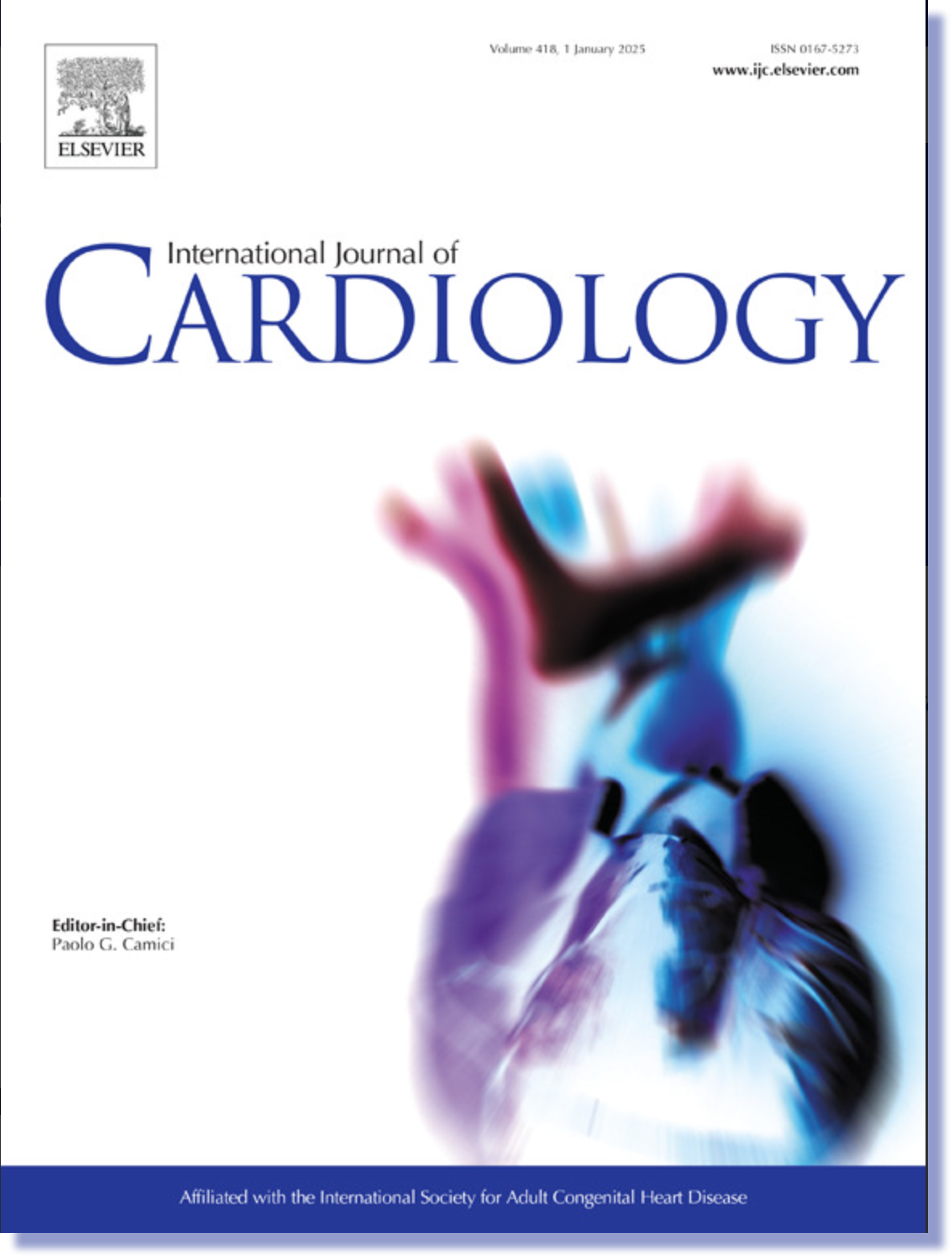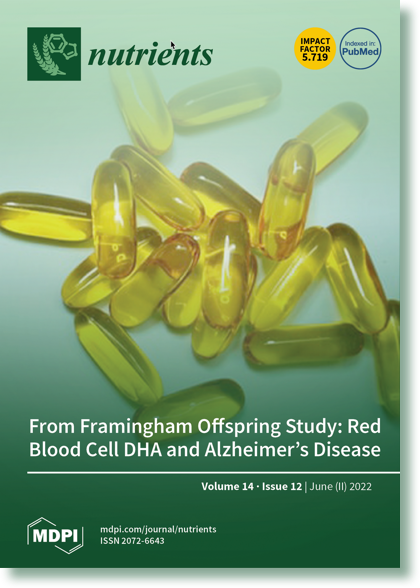FUNCTIONAL MEDICINE BLOG
Includes over 800 monographs reporting on emerging studies in the medical and scientific literature of practical clinical importance, easily searched for content.

Blood pressure taken lying down is a better predictor of cardiovascular disease
Blood pressure measurement while lying down reveals risks for cardiovascular disease that are missed by taking blood pressure while seated.

The Triglyceride–Glucose Index is a powerful biomarker for cardiovascular disease, depression, dementia, cancer and much more
The TyG Index an important biomarker associated with insulin resistance, is a powerful predictor of risk for cardiovascular disease, depression, cancer, and much more.

Calcium supplementation increases heart attack risk in large study
In a very large, real-world study calcium supplementation significantly increased the risks for heart attack, stroke, and mortality in general. On the other hand, subclinical magnesium deficiency is a major driver of cardiovascular disease.

Prediabetes is linked to heart attacks
Prediabetes is a major a risk factor for myocardial infarction (heart attack). There are excellent resources to reverse prediabetes and its associated vascular damage.
Nitric oxide is essential for red blood cells to deliver oxygen
Nitric oxide built into hemoglobin as βCys93 is required for RBC-mediated vasodilation. Without sufficient nitric oxide, vasodilation and thus oxygen delivery to tissues is impaired.
Oxidized LDL promotes atherosclerosis
Research recently published in Science Signaling elucidates one of the mechanisms by which oxidized LDL promotes atherosclerosis
Atrial fibrillation risk increased by non-steroidal antiinflammatory drugs
NSAIDs increased the risk for atrial fibrillation. Practitioners must bear in mind the potential for all non-steroidal anti-inflammatory drugs to cause atrial fibrillation by aggravating or triggering latent autoimmune inflammation due to gut barrier compromise.
Aspirin Cardiovascular/Gastrointestinal Risk Calculator
Aspirin has been shown to be worthy of consideration for secondary, and in some cases primary, prevention of heart attacks and strokes but carries known risks for gastrointestinal side effects. If you're not certain whether to recommend low-dose aspirin to a patient, the aspirin cardiovascular/gastrointestinal risk calculator can help with the clinical decision. A paper recently published in the journal Alimentary Pharmacology and Therapeutics describes the development and use of this practical tool.
Erectile Dysfunction is a risk factor for cardiovascular disease and mortality
More evidence that erectile dysfunction is a risk factor for cardiovascular disease is presented in a study just published in PLoS Medicine (Public Library of Science). This should come as no surprise considering that health of vascular endothelium is one of the elements necessary to ensure blood delivery to the 'periphery'. The authors added to literature on this topic by examining the degree of erectile dysfunction in relation to cardiovascular risk.
Insulin resistance correlates with blood vessel damage leading to heart attack and stroke
Insulin resistance correlates with blood vessel damage evidenced by carotid intima-media thickness, a well-recognized index of vascular damage and is widely utilized surrogate marker for cardiovascular disease.
High blood pressure: when is medication needed for hypertension?
High blood pressure: when is medication needed for hypertension? The authors of an intervention review published recently in the highly respected Cochrane Library examine all the relevant randomized controls trials and come to the conclusion that medicating mild hypertension (systolic blood pressure (BP) 140-159 mmHg and/or diastolic BP 90-99 mmHg) confers no benefit.
Dried apples and plums lower cardiovascular disease risk in postmenopausal women
Dried apples and plums lower cardiovascular disease risk in postmenopausal women
Magnesium reduces death from cardiovascular disease
Magnesium reduces death from cardiovascular disease
The important role of autoimmunity in cardiovascular disease
The important role of autoimmunity in cardiovascular disease
Stroke risk is greater with both higher and lower than normal blood pressure
Stroke risk is greater with both higher and lower than normal blood pressure
Patients with psoriasis are at increased risk for vascular disease
Patients with psoriasis are at increased risk for vascular disease
Women can reduce sudden cardiac death with basic lifestyle practices
Women can reduce sudden cardiac death with basic lifestyle practices
